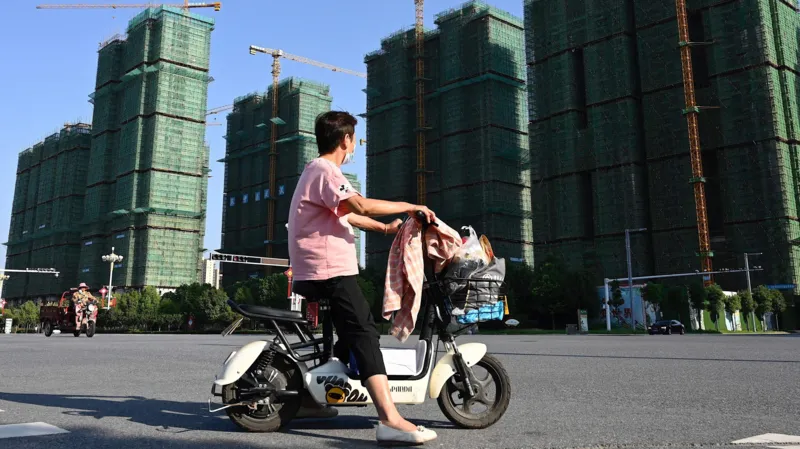Chinese property giant Evergrande has been officially delisted, marking the final chapter in the spectacular downfall of what was once the country’s largest real estate developer. At its peak, the firm carried a market valuation of more than $50 billion, but years of debt-fueled expansion ended in collapse under the weight of $300 billion in liabilities, making it the world’s most indebted property developer.
Evergrande’s rise once symbolized China’s economic miracle. Its founder, Hui Ka Yan, topped Asia’s wealth charts in 2017 with a fortune of $45 billion. Today, he faces fines, a lifetime ban from China’s capital markets, and investigations into whether liquidators can recover assets from his personal estate. His company’s empire spanned 1,300 property projects across 280 cities, an electric car business, and even Guangzhou FC, once China’s most successful football club. All have crumbled in the wake of financial distress.
The collapse began after Beijing introduced “three red lines” borrowing limits in 2020, designed to rein in developers’ debt levels. Evergrande’s heavy reliance on credit unraveled quickly, forcing it to sell homes at steep discounts while defaulting on overseas debt. By January 2024, the Hong Kong High Court ordered its liquidation after the firm failed to produce a viable restructuring plan.
The repercussions of Evergrande’s fall stretch well beyond its investors and creditors. China’s property sector once accounted for about a third of the national economy and was a crucial revenue stream for local governments. Its downturn has fueled layoffs, wage cuts, and slumping home values eroding household savings and dampening consumer spending.
Despite Beijing’s attempts to stimulate the housing market and broader economy, growth has slowed to around 5%, a sharp contrast to the double-digit expansion of the past decade. Analysts warn the property crisis is far from over, with other developers, including Country Garden, still facing potential liquidation.
While some experts believe the worst of the downturn may be nearing its bottom, others caution that recovery will be slow, with property prices expected to fall further until at least 2027. For now, Evergrande’s delisting stands as a sobering symbol of China’s economic transition away from property-led growth toward new priorities in technology and innovation.

